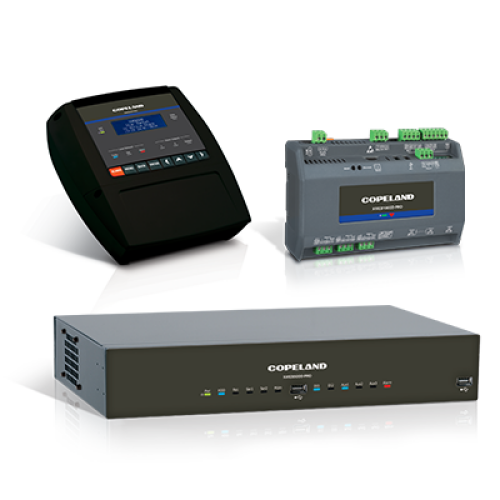Control systems
Control systems: essential for efficiency and automation in installations
Control systems are crucial components for the management and optimisation of installations across industrial, commercial, and residential sectors. These systems enable monitoring and regulation of operational processes, ensuring efficiency, safety, and reliability.
In this article, we will explore the characteristics of control systems, their benefits, key applications, and the innovations transforming the industry.
Characteristics of control systems
Control systems consist of various components, including sensors, actuators, controllers, human-machine interfaces (HMI), and management software.
- Sensors detect physical variables such as temperature, pressure, level, and flow, sending data to controllers.
- Actuators execute necessary actions based on commands received from controllers.
There are different types of control systems, including open-loop and closed-loop control systems. Closed-loop systems, also known as feedback control systems, continuously compare sensor data with reference values to correct deviations and maintain stability.
The precision and reliability of control systems depend on the quality of components and the integration of hardware and software. Advanced technologies such as machine learning and artificial intelligence (AI) are improving the predictive and optimisation capabilities of these systems.
Applications of control systems
- Industrial automation: Used to monitor and control production processes, improving efficiency and product quality. Control systems manage machinery, assembly lines, and industrial robots, ensuring smooth and precise operations.
- Energy management: Essential for optimising energy consumption in buildings and industrial plants, reducing operating costs. Control systems regulate lighting, heating, ventilation, and air conditioning (HVAC).
- Public infrastructure: Employed to manage critical infrastructure such as power grids, water systems, and wastewater treatment plants, ensuring service continuity and safety.
Innovations in control systems
The control system sector is continuously evolving, driven by technological innovation and increasing demands for efficiency and automation. The integration of advanced technologies such as the Internet of Things (IoT), machine learning, and artificial intelligence (AI) is transforming control systems into intelligent and predictive solutions.
- IoT-based control systems enable remote monitoring and management of processes, enhancing flexibility and responsiveness.
- Machine learning and AI allow for the analysis of large datasets, identification of patterns, and real-time process optimisation.
- Cloud-based platforms for data management and process control are making control systems more accessible and scalable.
These innovations are opening new opportunities for process optimisation and operational cost reduction, making control systems increasingly essential for modern industrial and commercial applications.





















